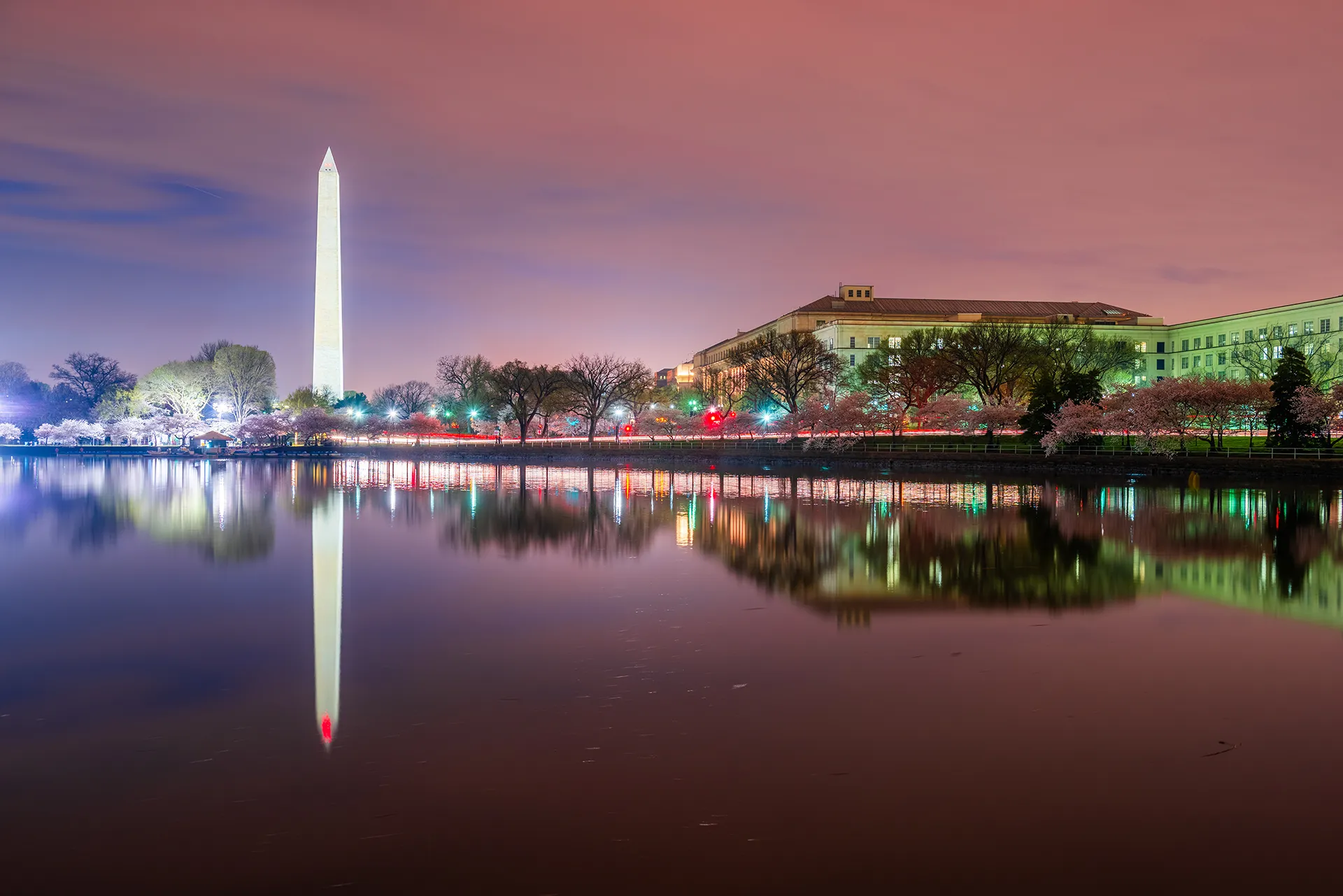April 25, 2018
Las Vegas, NV – April 25, 2018 – National Indian Gaming Association (NIGA) Chairman Ernie Stevens, Jr., and Geoff Freeman, President & CEO of the American Gaming Association (AGA) came together Thursday, April 19 to discuss the future of gaming at Indian Gaming 2018 in Las Vegas, Nevada.
Chris Stearns, Commissioner of the Washington Gambling Commission, moderated the discussion about the state of gaming – both tribal gaming and commercial gaming. Stearns said, “I’ve had the great fortune to work with both Jeff and Ernie, who are outstanding leaders and icons in the field.”
The two leaders have been cooperating and building bridges between two of the most powerful segments of the global gaming industry. Stearns asked them both how the relationship was formed.
Chairman Stevens said, “We had a relationship with AGA, primarily through the G2E [Global Gaming Expo] conference. I knew when Geoff became the new leader we would have an opportunity to develop a new relationship with the AGA, so I wrote a letter congratulating Geoff on his new role. Geoff responded, we exchanged communication and have built a critical partnership.”
Freeman responded, “The relationship we’ve built with NIGA has been tremendous. It would not have been possible without giving us the benefit of the doubt. Our relationship is stronger today than it has ever been. I have said from the onset, that we have a stronger industry when we work together.”
Stearns went on to say, “Over the past few years, since you, (Geoff) took over the reins at the American Gaming Association, there has been an important bond that has formed between you and Ernie. It’s clear to anyone who has watched the two of you speak that you have a deep respect and admiration for one another. It’s remarkable to see two of the titans of the industry cooperating and building bridges between two of the most powerful segments of the global gaming industry.”
Stearns asked Freeman about his experiences in working with NIGA and about some of the strengths observed in the tribal gaming industry. Freeman said, “The thing that struck me most about tribal gaming is the ability to innovate, to test new things and the attitude of your regulators to work with the industry. In the tribal sector you are an incubator for innovation and we don’t see that in the commercial sector. I give tribal gaming credit for driving the industry today and in the future.”
“So last year NIGA joined forces with the AGA sports betting coalition,” Stearns said. “Some saw this as controversial. What was right about the conditions in the industry and in Indian Gaming that the NIGA Member Tribes decided that now was the time to act?”
Chairman Stevens responded, “We saw a need to engage in this emerging industry. There is no one size fits all and they need to hear from the Indian Gaming industry. The unlawful market continues to thrive, twenty states are considering sports betting bills and the train is moving quickly.”
In response to a question about gaming at the international level, Stevens said, “This is something my dad taught me when I was very young – we were sovereign long before there was the United States of America, so exercising that sovereignty in a government-to-government relationship worldwide is something very important, and that is economic development with and beyond gaming.”
Freeman was asked by Stearns about the goals for building upon the growth of gaming. Freeman responded, “We look at the gaming industry in totality – tribal gaming and commercial gaming, and that accounts for more than $240 billion dollars in economic activity. We have a choice, we can sit back and defend our turf and prevent things from happening, or we can ask ourselves how to make this industry grow. We are going to seek to be a bigger industry. We are trying to help this industry go forward…. We are all about growth.”
With the pending decision from the U.S. Supreme Court in Murphy v. NCAAthat legal experts seem to agree will result in the end of the Professional and Amateur Sports Protection Act (PASPA), it is anticipated that state markets will open up to regulated sports betting. More than a dozen states are in various stages of preparing laws to legalize sports betting in their markets. Tribal Governments are dominant or vital players in many of those markets.
Stearns asked Chairman Stevens how he thought legal access to sports betting would impact Indian Country? Stevens replied, “The bottom line is we are ready to mobilize our industry and we are anticipating that it will come down in accordance to the law, recognizing us as sovereign governments.”
The final topic of discussion focused on the seismic change in the United States in terms of how business is conducted and how employees are treated, more specifically the #MeToo movement. Stearns explained that there have been recent initiatives at the industry and regulatory levels to end sexual harassment in the workplace—citing strong stands on sexism by the Nevada Gaming Control Board, as well as the United Kingdom Gambling Commission. Stearns asked, “What can the AGA and NIGA do to promote and protect women in the industry?”
Chairman Stevens said, “When I served on [Oneida] Tribal Council, back in the 90’s, women were the majority. The women influence in our world is pretty standard. Whether its family or community, it is our tradition, so it is natural that it carries over to our business and political world.”
Freeman replied, “Indian gaming has done a remarkable job in elevating women, ensuring opportunities for women and I’ve seen that in my leadership. There is no doubt that gender equity is alive and well in tribal gaming. We have a lot of work to do on the commercial side regarding gender equity across the board. Our industry is taking this issue extraordinarily seriously. We are focused on this, and you see changes happening.”
Stearns wrapped up the discussion by saying, “These gentlemen are successful because they seek to find common ground to work together, they strive to be professional, they are responsible to the industry as a whole and they respect one another.”
BIA Publishes Final Rule for Section 293 Class III Tribal-State Gaming Compacts

Remembering and Honoring the Legacy of Dr. Martin Luther King, Jr.

Statement From The Chairman Of The Indian Gaming Association: “Compromise or Collision Course: Americans Need Government to Function”
